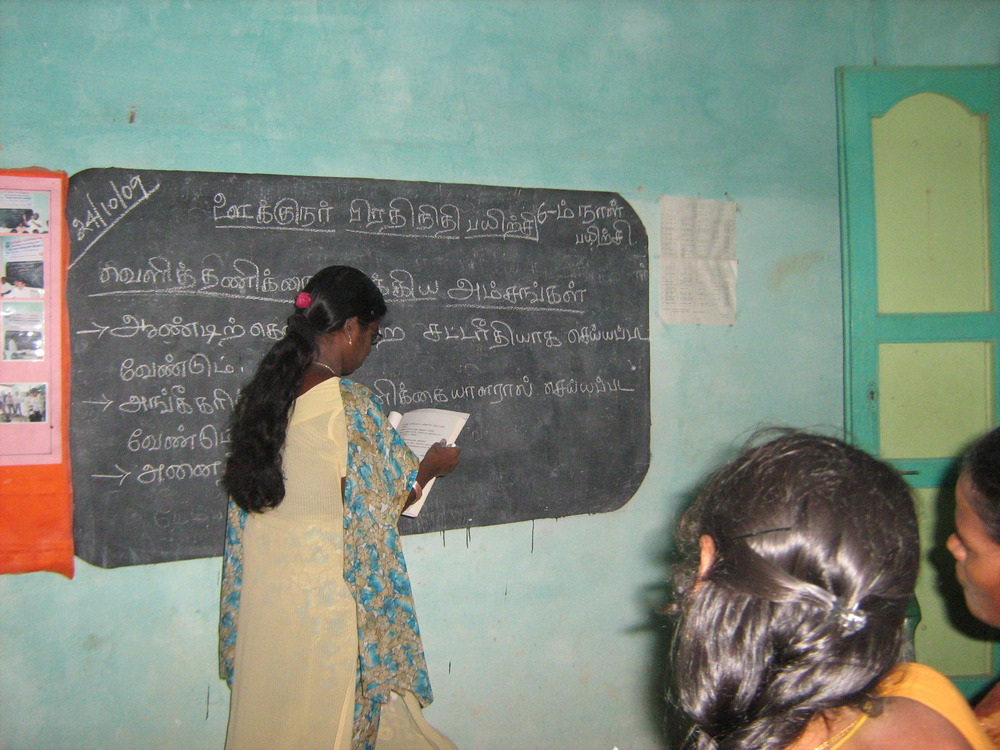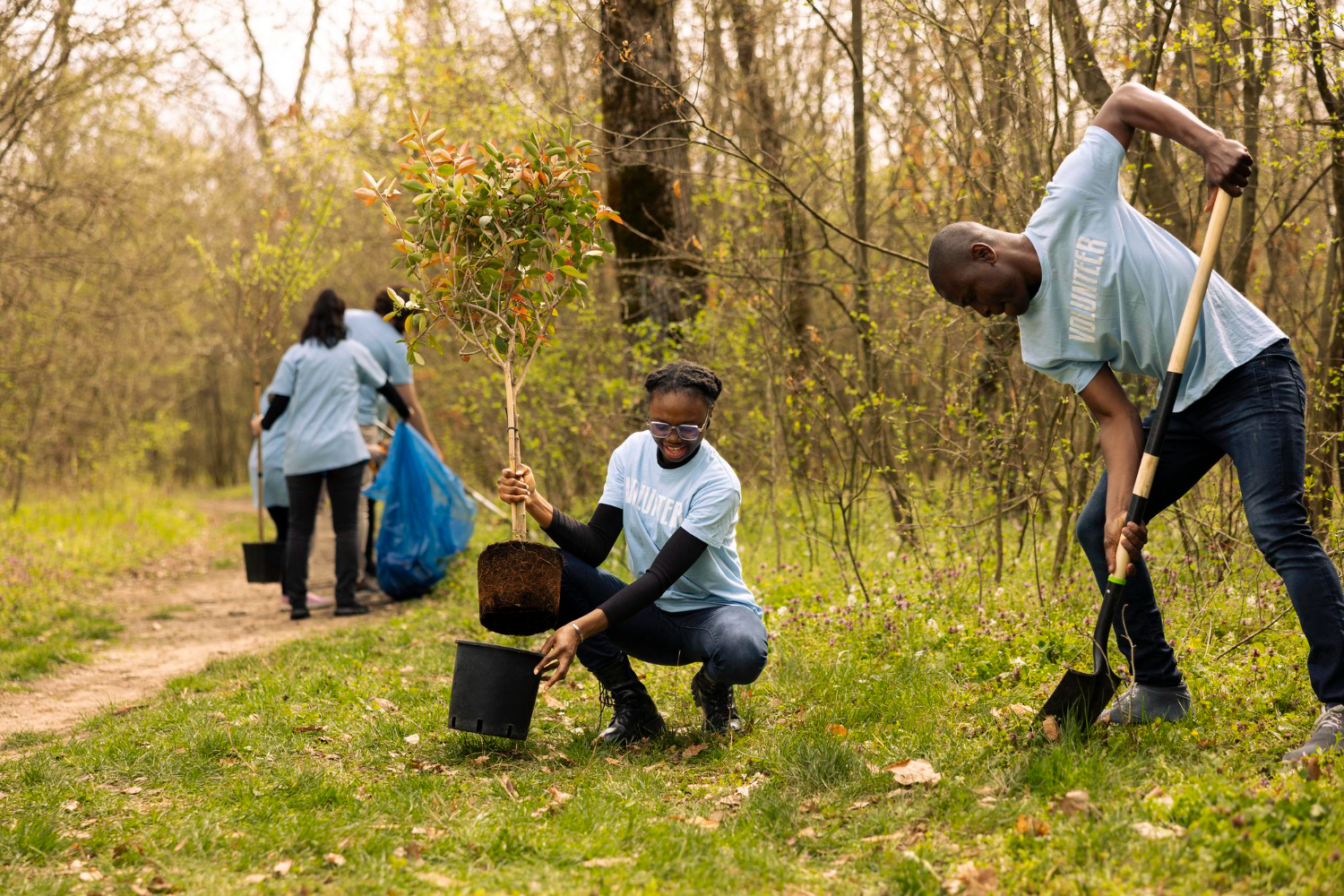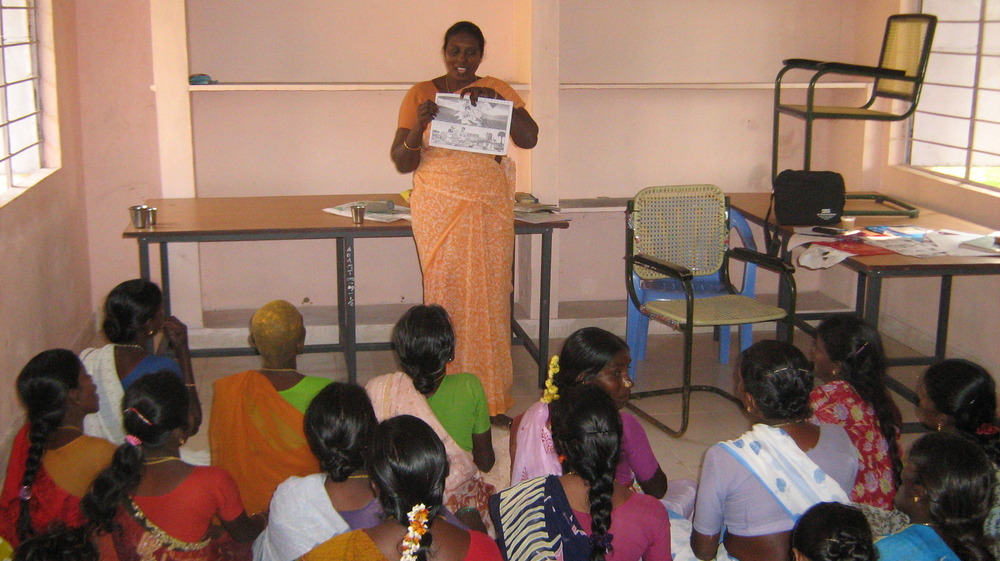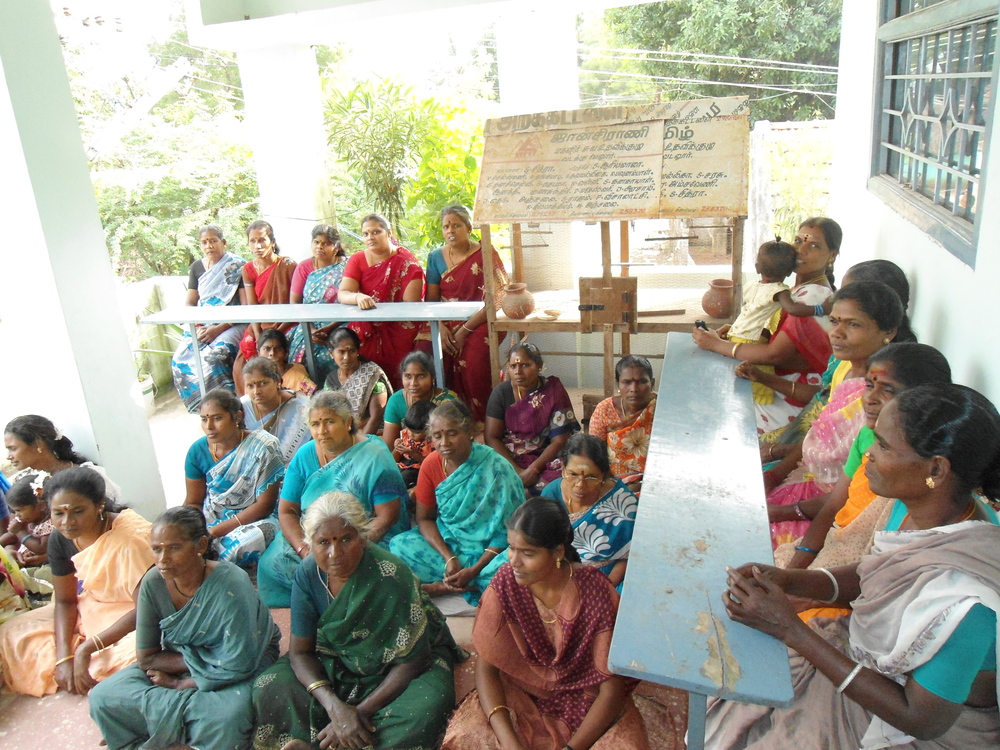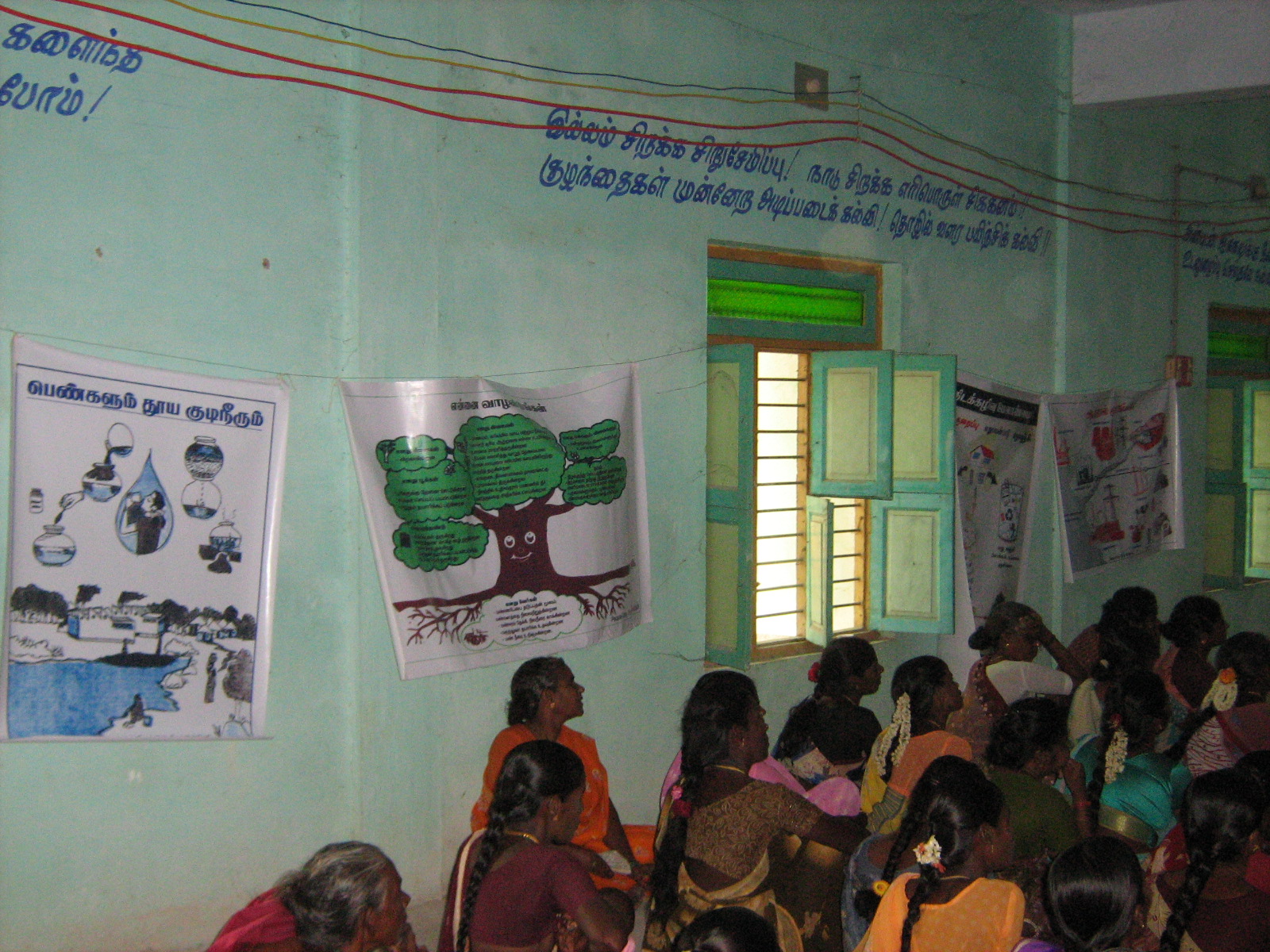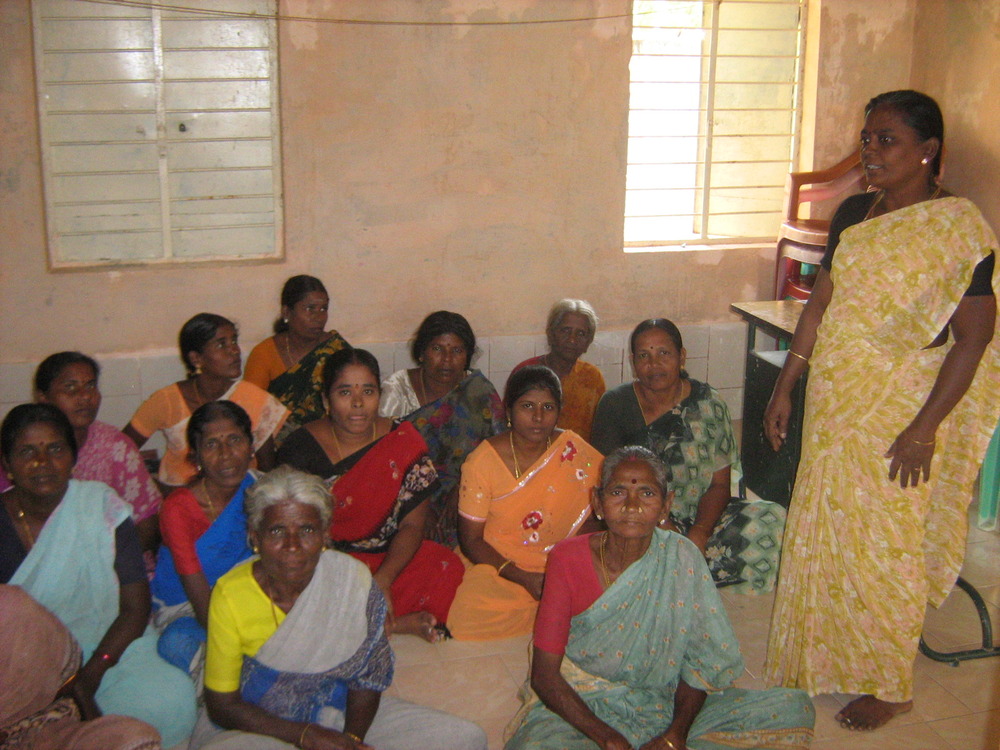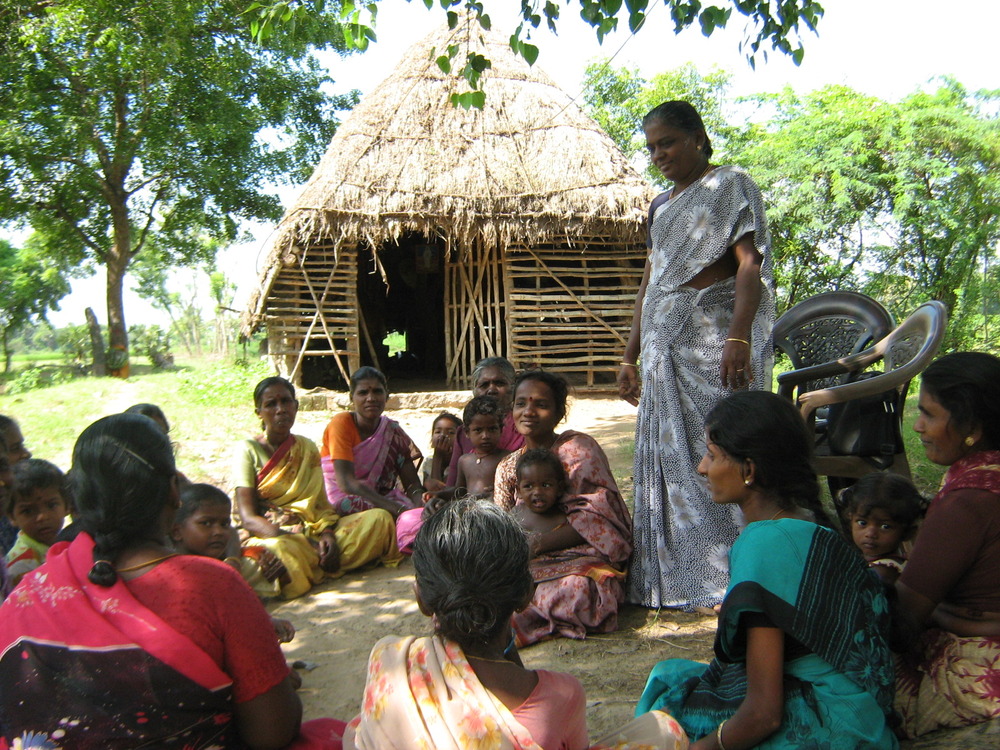
Empowering Communities,Building Unity
Community Development Programs Initiatives to enhance social and economic well-being in local communities.
About Us
Educational Support
Providing resources and guidance for students to achieve their academic goals.
Programmes
Health and Wellness Services
Accessible healthcare and wellness programs for underprivileged communities.
Contact Us
